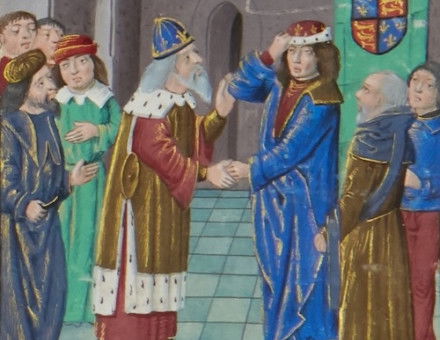Real-Time
Mark Kishlansky discusses the change for historians with the ever increasing use of computers.
Historians are not a garrulous lot. They work alone for long hours in private devotions. Though they debate issues that give them some common ground, and some common language, their larger endeavours are with unique problems and singular sources. Methodologies do not unite them, subject matter does not knit them together.
In fact, as their discipline has expanded they have been pulled into ever wider fields of enquiry. History departments were once dominated by a single national history with some logically allied offshoots – England predominant (Europe and the Commonwealth represented) or American history divided into ten year periods (with traditional American allies representing European history). Now they pride themselves on being departments of world history with a wide representation of continents and countries studied in their own integrity. The conquest of Euro- and ethno-centricity has claimed, as an unintended victim, the common ground of historians' discourse.





